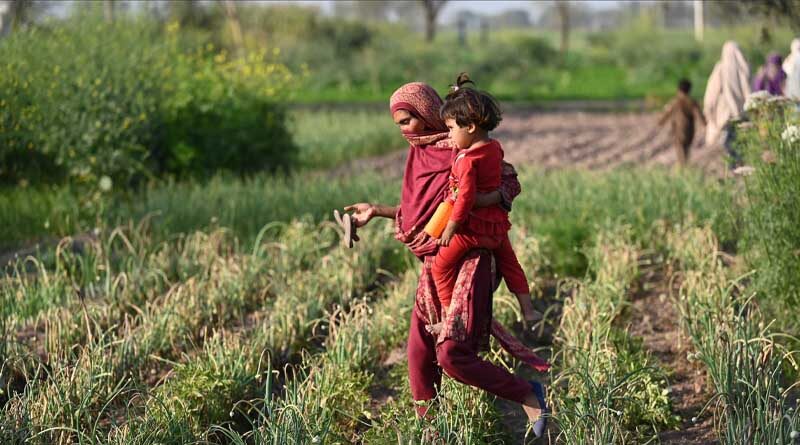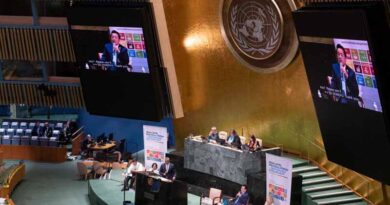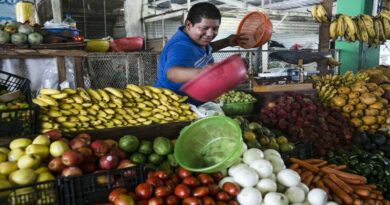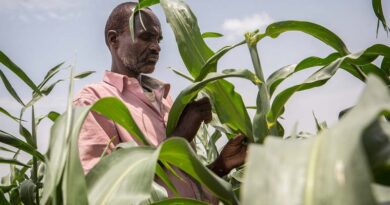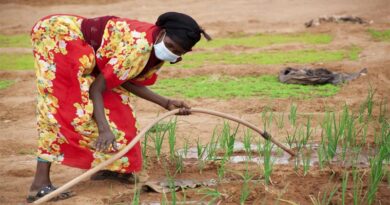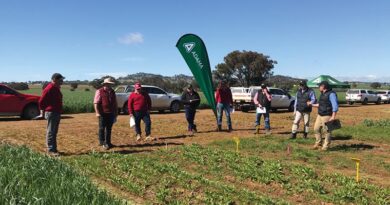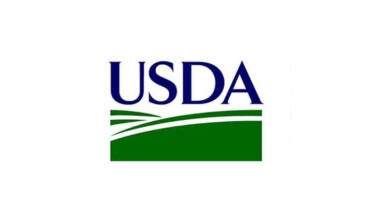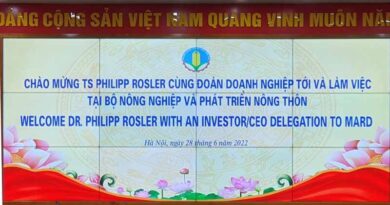Putting people, the environment and disaster-risk screening at the centre of projects
31 January 2023, Rome: The Food and Agriculture Organization of the United Nations (FAO) today launched a new Framework for Environmental and Social Management (FESM) to ensure that both people and the environment are protected from any potential impacts of FAO programmes and projects.
“This Framework ensures that our projects do both “no harm” and support the transformation to more efficient, more inclusive, more resilient and more sustainable agrifood systems by upholding the highest international standards for risk management,” FAO Director-General QU Dongyu explained during a virtual event.
The Framework, which includes key elements of a people-centered approach and establishes environmental and social performance requirements for FAO programming, is also intended to ensure that all stakeholders, including local and indigenous communities, have ample opportunities to actively participate in projects’ activities and to voice their concerns about them.
The importance of the new Framework
The FESM introduces an innovative process of climate change and disaster risk screening to identify potential risks, mitigation and resilience measures.
It also includes new and updated requirements to conserve and restore renewable natural resources and biodiversity; protect animal welfare; foster resilient livelihoods; manage waste and non-pesticide hazardous materials; promote resource efficiency; protect community health and promote decent jobs; strengthen requirements for dealing with gender-based violence including the prevention of sexual exploitation and abuse; respect indigenous peoples living in voluntary isolation; and enhance accountability, conflict resolution and grievance mechanisms.
The FAO Director-General highlighted that the new Framework proactively promotes “doing good” in four key areas.
“First, it is a powerful tool for mainstreaming sustainability and resilience across FAO by bringing together people-centred approaches with the core UN principle of leaving no one behind in a single, operational framework,” Qu said.
It is also a mechanism to improve the efficiency of FAO operations on the ground by setting out clear guidelines and standards for all projects, and it enhances the efficient response to FAO Members’ priorities and needs, he added.
“The Framework ensures the Organization’s transparency and integrity as an institution, by establishing clear protocols for how possible grievances may be raised and addressed,” Qu added.
One FAO working together for the planet
As the impacts of the climate crisis, biodiversity loss and ecosystem degradation are putting at risk the achievement of the Sustainable Development Goals, FAO is committed to working together and acting swiftly to overcome these overlapping challenges.
The new Framework for Environmental and Social Management adds to the overall FAO Strategic Framework, the FAO Corporate Environmental Responsibility Strategy, the FAO Strategy on Mainstreaming Biodiversity across Agricultural Sectors as well as two strategies on Climate Change, and on Science and Innovation.
The FESM also aligns with safeguards policies of International Financial Institutions and key global funds, such as the Adaptation Fund, the Green Climate Fund and the Global Environment Facility, facilitating ongoing and growing partnerships in projects on the ground.
Also Read: Millets & Organics -2023: Three-day International Trade Fair starts at Thripuravasini, Bengaluru
(For Latest Agriculture News & Updates, follow Krishak Jagat on Google News)

